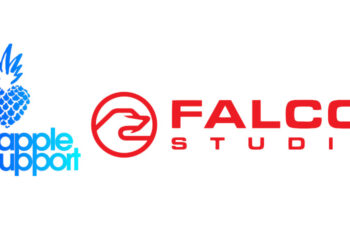WASHINGTON, DC — The Enforcement of Intellectual Property Rights Act of 2008, a new copyright-protection law that establishes a cabinet-level “copyright czar” position, received unanimous approval in the Senate on Friday. The House of Representatives is expected to take up the measure as soon as it is finished wrangling with a proposed $700 billion bailout of the financial industry.The intellectual-property bill did not pass as presented, however. Senators removed a provision that would have given the U.S. Department of Justice authority to sue copyright infringers on behalf of the movie and music industries. The White House had threatened to veto the sweeping reform bill of that provision remained.
Digital rights groups have opposed the bill since its inception, but appeared slightly appeased by the removal of the DOJ lawsuit provision.
“We are pleased that the Senate bill as passed does not include the egregious provision allowing the Justice Department to file civil suits against alleged copyright violators on behalf of copyright holders,” Public Knowledge president and co-founder Gigi Sohn said in a prepared statement. “This provision was a total waste of the taxpayers’ money.”
She added that she still believes the bill goes too far to protect intellectual property rights at the expense of so called “fair uses” such as parody and derivation. In addition, Public Knowledge worries that the bill could infringe upon the ownership rights of consumers.
“It is unfortunate that the Senate felt it necessary to pass this legislation,” Sohn said in the statement. “The bill only adds more imbalance to a copyright law that favors large media companies. At a time when the entire digital world is going to less restrictive distribution models, and when the courts are aghast at the outlandish damages being inflicted on consumers in copyright cases, this bill goes entirely in the wrong direction.
“Instead of being focused on giving large media companies what they want, Congress instead should take a comprehensive look at the current state of the law and of technology and write legislation that recognizes the reality of the situation and the reality that consumers have rights also.”
The bill as passed by the Senate creates an “Intellectual Property Enforcement Coordinator” in the executive branch who will require Senate confirmation. The coordinator and his or her office will be tasked with developing a comprehensive nationwide plan for combating piracy, with training other countries about IP enforcement and with reporting directly to the President and the Congress about the status of piracy crackdowns. The bill also creates an FBI anti-piracy division and mandates forfeiture of equipment used by pirates.
“This is a win for both [political] parties and, more importantly, for America’s innovators, workers whose jobs rely on intellectual property and consumers who depend on safe and effective products,” Tom Donohue, president and chief executive officer of the U.S. Chamber of Commerce, told The Washington Post.












